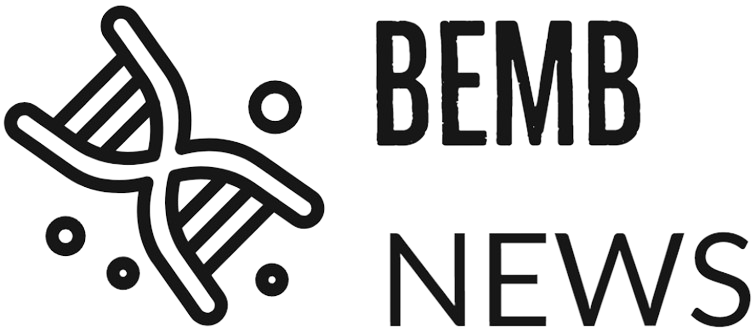Cancer has long been one of the leading causes of death worldwide. The traditional treatment modalities, such as surgery, radiation, and chemotherapy, are frequently associated with side effects and often lack specificity, damaging healthy tissues in addition to tumor cells. Fortunately, advances in biotechnology are revolutionizing the field of cancer therapeutics, with targeted drug therapies now offering a new, effective, and more personalized approach to battling this disease.
Targeted Drug Therapies: An Overview
Targeted drug therapies work differently from conventional treatments. They aim to interfere with specific molecules (“molecular targets”) that are involved in the growth, progression, and spread of cancer. Because they specifically target cancer cells, these drugs are often more effective and cause fewer side effects compared to traditional chemotherapy.
The discovery and development of these targeted drugs require a detailed understanding of the complex molecular biology of cancer, which is where biotechnology comes into play. Advanced biotechnological techniques have allowed us to delve deeper into the genetic and molecular makeup of different cancer types, leading to the identification of unique targets and the development of precision medicines.
Monoclonal Antibodies: The Cornerstone of Targeted Therapy
Monoclonal antibodies (mAbs) have become a cornerstone of targeted cancer therapy. They are laboratory-made molecules engineered to interact with specific targets on cancer cells. Trastuzumab (Herceptin) for HER2-positive breast cancer, rituximab (Rituxan) for non-Hodgkin lymphoma, and cetuximab (Erbitux) for colorectal cancer are examples of mAbs that have dramatically improved patient outcomes.
The advent of biotechnology has accelerated the production of these mAbs, enabling their design to be more specific, efficient, and compatible with the human immune system. Techniques like recombinant DNA technology and hybridoma technology play vital roles in mAb development.
Small Molecule Inhibitors: Blocking Cancer Pathways
Small molecule inhibitors are another category of targeted drugs that have emerged with the help of biotechnology. These are low molecular weight compounds that can penetrate cell membranes to interfere with the activity of specific proteins inside cancer cells. Some block the signaling pathways that cancer cells use to grow and spread, while others inhibit the formation of blood vessels tumors need to grow (a process known as angiogenesis).
Drugs like imatinib (Gleevec) for chronic myelogenous leukemia and erlotinib (Tarceva) for non-small cell lung cancer are examples of small molecule inhibitors. High-throughput screening, a biotechnological technique, has been instrumental in the discovery of these inhibitors.
Cancer Immunotherapy: Unleashing the Power of the Immune System
A significant breakthrough in cancer treatment is cancer immunotherapy, a type of therapy that harnesses the body’s immune system to fight cancer. Immune checkpoint inhibitors, such as pembrolizumab (Keytruda) and nivolumab (Opdivo), are leading the way. These drugs work by blocking proteins that prevent immune cells from attacking cancer cells, essentially ‘releasing the brakes’ on the immune system.
In a different but related strategy, CAR-T cell therapy modifies a patient’s own T-cells to produce special receptors (chimeric antigen receptors, or CARs) on their surface, enabling them to recognize and attack cancer cells more effectively.
Looking Ahead
Both strategies rely heavily on biotechnological advances. Genetic engineering is crucial for CAR-T cell production, while the development of immune checkpoint inhibitors hinges on our understanding of immune regulation at a molecular level.
While great strides have been made, the potential for biotechnology to further advance cancer treatment is vast. Future research directions include the use of nanotechnology for targeted drug delivery, the application of CRISPR gene editing to modify immune cells more precisely, and the development of multi-targeted drugs that can simultaneously block several cancer-driving pathways.
Biotechnology has proven itself as a vital tool in the fight against cancer. By enabling a deeper understanding of the disease’s molecular underpinnings, it has fostered the development of targeted drug therapies that are transforming cancer treatment, offering hope to millions of patients around the globe. As biotechnological techniques continue to evolve, the future of cancer therapy appears bright, promising a new era of personalized, effective, and less toxic treatments.

